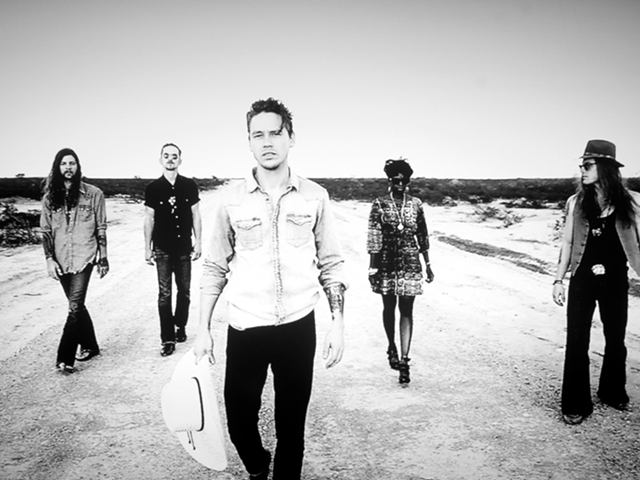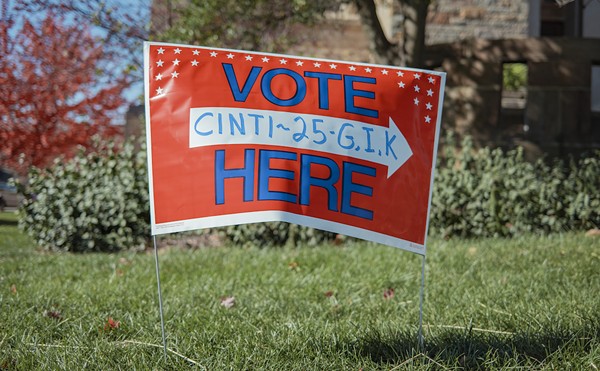News continues to remind me of Cairo in 1979 where my assignment expanded to post-Camp David interviewing.
Today, from every news medium I read or hear, Cairo and much of Egypt outside the capital are suffering a nasty hangover from a soured “Arab Spring.”
Thirty-four years ago, I spent three weeks interviewing officials and others in Cairo and up the Nile. I wanted to pursue Egyptian angles on Israeli interviews from the previous three weeks. (My Sinai stories appeared here on Oct. 14.)
I was in the Middle East because Enquirer editor Luke Feck agreed to let me to cover the first return of captured land by Israel; the seaside town of El Arish to Egypt.
My wife and our nine-year-old daughter accompanied me to Israel and Egypt, mixing tourism with reporting.
We hoped to ride a bus from Israel to Egypt along the ancient Mediterranean coastal road but, it was explained in Jerusalem and, later, in Cairo, that no one could be found to work the customs/immigrations posts that had to be created there.
So we did what years of tourists and journalists did: fly from Tel Aviv to Cairo through a third country. Greece was our choice.
I wasn’t surprised that Egypt and its capital reflected the kind of peaceful existence that military-backed authoritarian rulers imposed in the Arab Middle East.
Religious extremists and anyone else who threatened vital tourism were suppressed. Some were jailed and a few were executed, giving the Muslim Brotherhood martyrs.
And in a centuries-old custom in Middle Eastern Muslim countries, religious minorities were protected if not treated as equals in the Muslim-majority society.
Egypt knew only military rule since colonels overthrew corrupt king Farouk in 1952. Before that, British imperial rule prevailed for decades.
So it was no surprise that military and paramilitary police were omnipresent in Cairo; we joked about myriad shiny zippers on black SWAT-like uniforms. That reality was an undertone in my reporting.
The most curious aspect of our visit to Cairo was the experience of being welcomed everywhere and sometimes pushed to the front of lines when Caireans learned we were Americans and visitors from Israel.
It was that kind of moment. President Anwar Sadat and Israeli prime minister Menachem Begin signed Camp David Accords. Sadat visited Israel twice. After three wars, Israel and Egypt were fashioning a tangible, active peace.
Our first hotel was the Indiana. We never learned how the name was chosen. Someone suggested we call the almost empty Nile Sheraton; Arab League diplomats abandoned Cairo to protest Camp David Accords and Sheraton was their headquarters. It was far nicer at Indiana prices.
Moving to the Sheraton led to a call from Egypt’s envoy to the Arab League. Hotel staff or security told him we’d come from Israel. With little to do, he wondered if we could talk. It was a revealing conversation over a Coke in the hotel bar.
He wanted to know what really was happening in Israel and what Begin’s government really thought. Implicit in his questions was a deep distrust of what Egyptian news media and Sadat’s security services reported.
Egypt’s government press office helped me set up interviews but a sit-down with Sadat just wasn’t possible; just possibly, my mentor in the press office was reluctant to try to explain why the president should make time for a paper neither of them ever had heard of.
I hadn’t interviewed Begin, either, although I covered the Sadat-Begin visit to the Negev city of Beer Sheva.
Boutros Boutros Ghali, then senior at the foreign ministry, gave me a long interview on his country’s foreign policy, especially touching on the American-Soviet rivalry and hopes for benefits with a maturing peace with Israel.
After that, the head of the 11th century seat of Quranic studies, Al Azhar University, talked with me about Sunni schools of legal interpretation and why his — rather than the Saudi or others — was the most humane and best suited to Egypt.
A senior tourism ministry official wanted to hear everything I’d seen at El Arish when the Israel Defense Force took down its flag and Egyptian military raised theirs.
Then he explained his interest and plans for development at El Arish; he’d fought there and wanted to return to water ski.
Other stories or images focused on the inescapable population explosion and young Egyptians entering child-bearing years.
Housing them already was a problem. Crypts in the huge cemetery, the City of the Dead, housed squatters already. Officials told us of their awful choice: the best soil for making bricks was the best soil for crops in the fertile Nile valley.
Coincidentally, I don’t recall anyone in Cairo mentioning how the great Aswan hydroelectric dam no longer allowed that fertile silt to flow downstream into the fertile Nile valley and delta.
That high dam was a symbol of national pride and a thumb in Washington’s eye after Americans wouldn’t support construction in the fraught Cold War period after the Suez debacle in the mid-1950s. Russians made the dam possible. Egypt got the desired electric power and control over annual Nile floods but at a price.
By the time of our visit, hardly a decade after construction was completed, silt that for millennia had enriched downstream land was filling Lake Nasser behind the new high dam. No one seemed to know how to correct that or how candid to be about diminished fertility downstream and the reality or likelihood of reduced power generation.
As in Israel, I gathered contacts for Egypt with Cincinnati links. Chief among them in Cairo were Egyptian members of the Grail, the Christian woman’s movement based in Loveland. I was introduced to Coptic Christians who trace their roots to First Century pre-Islamic Egypt but became a minority after Arab/Muslim conquest in the Seventh Century.
These Grail members were affluent, sophisticated and worldly women, for whom French and English rather than Arabic were their conversational languages.
They were conscious of their religious minority status and the relative security provided by Sadat’s government and its support in the military. They also were proud of their pre-Islamic heritage. And they didn’t want any of that to be on the record, lest it be misconstrued.
That sense of belonging to a country where Coptic was a common pre-Arabic language was even clearer in Akhmim, a Christian village in the Upper Nile. There, European or American Grail members created a kind of center for young Coptic women. We reached them by train and car.
Weaving was a male trade in Akhmim but Grail members persuaded local men to “plant” looms in the avowedly Christian center which quickly became an accepted part of Akhmim and surrounding provincial life.
It wasn’t long before the young women’s cloth and embroidered folk tapestries were in demand at Grail annual charity auctions in Cairo.That money went back to the weavers and embroiderers.
One young woman told me she earned as much as a university-educated schoolmaster. So it was a complicated benefit in their patriarchal society when they earned more than men whom they expected to marry.
None quit weaving or embroidering, however, often sharing their earnings with their families.
For diverse reasons, the Akhmim project closed years ago. Whether it even could be attempted again or elsewhere today is unlikely as Copts and their churches have become targets of lethal Islamist violence.
As so often happens in the Muslim Middle East, minorities with ties to Western nations and/or religion become scapegoats for domestic misery.
In today’s Egypt, the popular revolution that took down president Hosni Mubarak led to the military deposing his Islamist successor in a series of bloody confrontations.
But in 1979, we shared the Copts’ sense of personal safety as American visitors everywhere in Egypt, including the spectacular ruins of Luxor and the tombs in the Valley of the Kings. It wasn’t until 1997 that Islamists massacred tourists there.
I have no idea if foreigners go there now, but today’s headlines say political and religious violence — including Muslim against Muslim — has killed Egyptian tourism.
I filed my Egyptian stories every couple days by cable to the Enquirer. I later learned that none arrived.
Quite reasonably, my immediate boss and friend Mary Jean Connors wondered whether something happened to me. Her anxiety wasn’t helped by the fact that she couldn’t reach me; my cable about changing hotels never reached her.
When I returned to our newsroom, she gave me copies of a flurry of messages to and from AP offices in Jerusalem and Cairo unsuccessfully seeking my whereabouts and reasons for my silence.
Lost or missing stories were published after my return but it was an open question whether my editors were more relieved or pissed off over the worry I had unknowingly caused.





